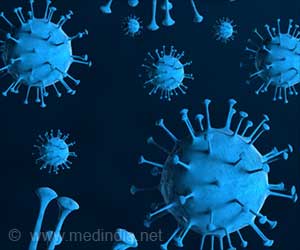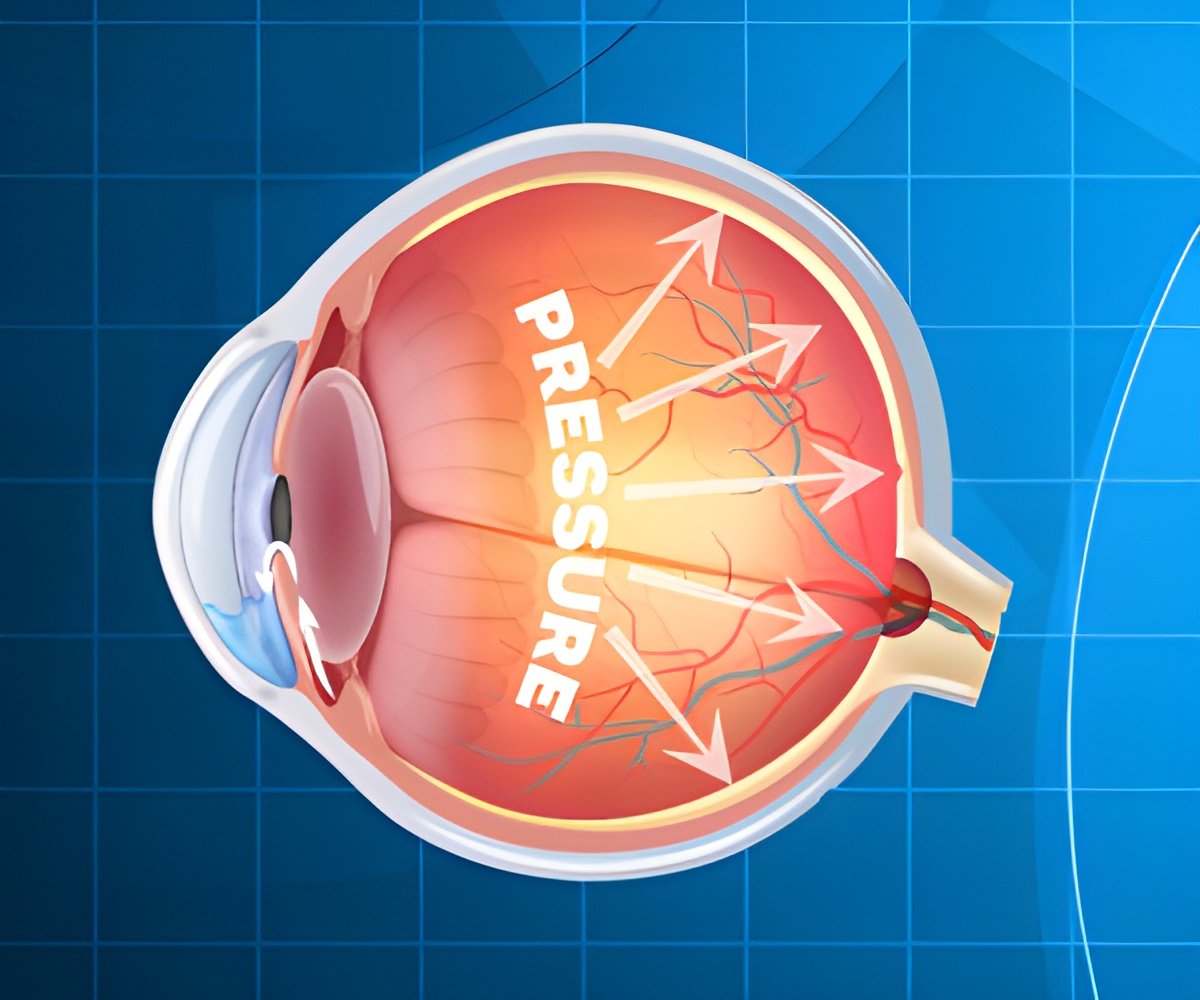The nasal antibodies, however, were only discovered in those who had recently been infected and were particularly short-lived against the Omicron form when compared to prior variants, according to the researchers.
Reinfection with COVID-19
These new findings, published in eBioMedicine, may help to explain why persons who have recovered from COVID-19 remain vulnerable to reinfection, particularly with Omicron and its subvariants.
Advertisement
The study also discovered that while immunization is quite successful in creating and boosting antibodies in the blood, which prevents severe disease, it has little effect on nasal IgA levels.
The first author of the study, Dr. Felicity Liew, from the National Heart and Lung Institute at Imperial College London, said, “Before our study, it was unclear how long these important nasal antibodies lasted. Our study found durable immune responses after infection and vaccination, but these key nasal antibodies were shorter-lived than those in the blood. While blood antibodies help to protect against disease, nasal antibodies can prevent infection altogether. It might be an important factor behind repeat infections with the SARS-CoV-2 virus and its new variants.”
Nasal Antibodies and COVID-19 Reinfections
The researchers emphasize that more research into nasal antibodies and reinfections is needed to corroborate their findings.
Imperial College London and the University of Liverpool lead the research. It looked at nearly 450 persons who were hospitalized with COVID-19 between February 2020 and March 2021, before the advent of the Omicron strain and vaccine deployment.
COVID-19 Vaccines Increase Blood Antibody Levels
The study also discovered that, while current vaccines are successful at increasing blood antibody levels, which can prevent serious illness and death, they do not significantly increase nasal IgA levels.
Can Nasal COVID-19 Vaccines Improve Nasal Antibody Levels
The researchers advocate adopting nasal spray or inhaled vaccines that target these antibodies more effectively in the future generation of immunizations. They believe that vaccines capable of increasing these antibodies could help to minimize infections and prevent transmission.
Co-senior author of the study, Professor Peter Openshaw, from the National Heart and Lung Institute at Imperial College London, said, “Our results highlight a need for nasal spray vaccines that can boost these local antibodies in the nose and lungs. Such vaccines might be able to prevent people from getting infected with the SARS-CoV-2 virus and reduce transmission of the virus between people. This could help us to better control the pandemic and stop new variants from emerging.”
He continues, “Our current vaccines are designed to reduce severe disease and death and are dramatically effective in this aim. It is now essential to also develop nasal spray vaccines that can provide better protection against infection. It’s brilliant that current vaccines mean fewer people are becoming seriously ill, but it would be even better if we could prevent them from getting infected and transmitting the virus.”
Survival of Nasal Antibodies Compared to Blood Antibodies
The researchers looked at the subjects’ antibodies to see how long nasal antibodies survived compared to blood antibodies. They also looked at how repeated COVID-19 immunizations affected antibodies in the nose and blood.
Samples were collected when participants were admitted to the hospital, as well as six months and a year later. Because most participants were vaccinated during the trial, several samples were collected before and after vaccination.
They assessed how efficiently the antibodies neutralized the original SARS-CoV-2 virus, as well as the Delta and Omicron versions, to determine how long the antibodies were effective following infection or vaccination.
The study comprised 446 persons admitted to hospitals during the early stages of the pandemic, with 141 providing samples at the start of the trial as well as six and twelve months afterwards. The researchers employed modeling to predict how the average antibody responses changed over time for patients who only had one sample obtained over the 12-month trial period.
95% (307 people) of those who verified being vaccinated (323 people) received their first vaccination during the study follow-up period. All nasal and blood antibodies increased, as a result, however, the change in first-line defense nasal antibodies (IgA) was minor and transitory. The researchers discovered that the individuals’ gender, disease severity, and age did not affect how long their nasal immunity persisted, although they cautioned that their study only included those with severe sickness who needed hospitalization.
They also discovered that participants’ blood antibodies continued to bind the original SARS-CoV-2 virus, as well as the Delta and Omicron variants, a year after infection, but that booster immunizations are required to maintain this immunity.
Co-senior author of the study, Dr. Lance Turtle, Senior Clinical Lecturer at the University of Liverpool and Consultant in Infectious Diseases at Liverpool University Hospitals, said, “Our study suggests that this first-line defence immunity is separate from other immune responses, and although it is increased by vaccination and infection, it only lasts for about nine months. Nonetheless, booster vaccines can increase it slightly and otherwise have a significant impact on other areas of immunity, protecting against severe disease and death very effectively, so remain very important.”
The researchers emphasize that their study did not screen participants for reinfection, but that this was improbable because the trial was conducted during periods of national restrictions and lockdowns when COVID-19 incidence was low, and individuals were not mixing. They discovered only two cases of reinfection in their preliminary research, indicating that the main patterns observed are correct.
Source: Medindia



